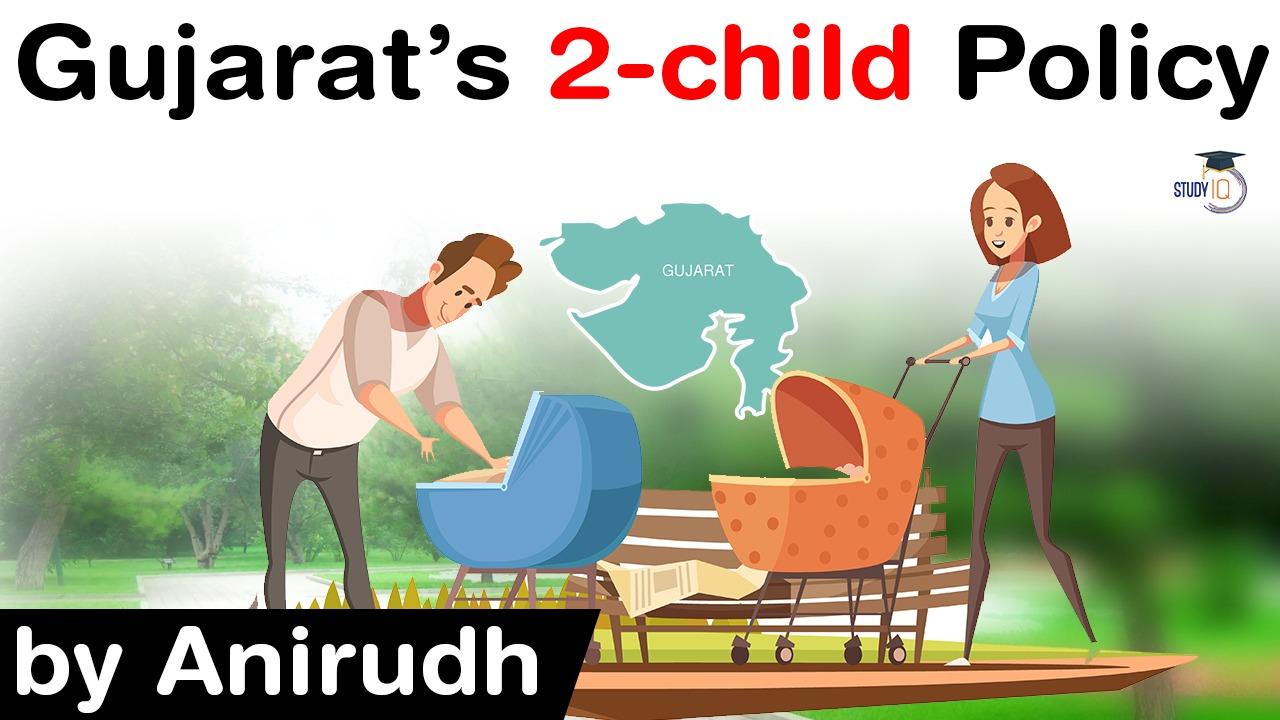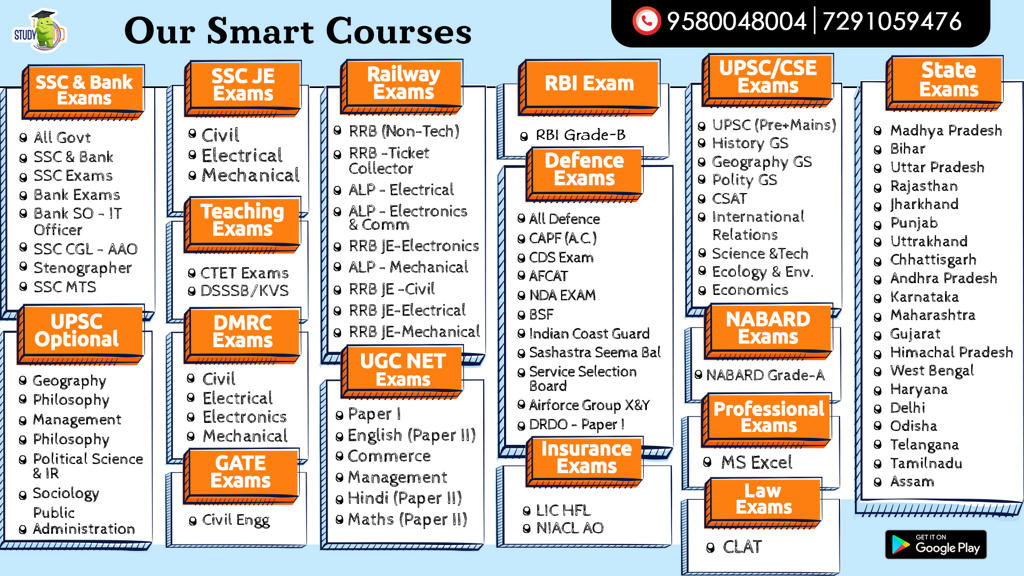Table of Contents
- Three candidates from the Municipal Corporations of Vadodara and Rajkot were disqualified on Monday under the two-child policy in place in the state for candidates.
- The nominations were challenged because each candidate had three children.

Who are the candidates facing disqualification?
- Congress candidate from Rajkot Municipal Corporation Naran Savseta was disqualified for having three children, the first by a wife now divorced.
- In Vadodara, two-term sitting corporator from BJP, Dipak Shrivastav, contesting as an independent after being denied a party ticket, declared that his second child (born 2017) had been “adopted” by his father BJP MLA Madhu Shrivastav in December 2020 — two months after the birth of his third.
- Both children were born during his ongoing term (2015-20); the first had been born in 2011.
- But the election department invalidated his nomination citing Vadodara birth records as having registered Dipak as the biological father and the Gujarat Local Authorities Act, which states that every biological child is to be counted as children born to the candidate, regardless of their survival, adoption or separation.
- The third candidate, sitting corporator Viren Rami from Vadodara who was contesting as an independent, was disqualified on the same grounds as the Rajkot candidate — he had a biological child from his first marriage, who was not mentioned in his affidavit.
- Rami, incidentally, had been allowed to contest in 2015 (and won) because no one objected to the nomination.
What is the two-child policy?
- In 2005, the Gujarat government amended the Gujarat Local Authorities Act to “prevent a person having more than two children to be a member of panchayat, or the councillor of a municipality or municipal corporation”.

What is the two-child policy?
- The rationale behind the two-child policy was said to be the need to “order and stabilise” the growing population of the country, beginning with elected representatives, who should lead by example.
Does a third child born at any time disqualify a candidate?
- There is a cut-off date.
- Meaning that the election departments would consider nominations of candidates with more than two biological children, if the children were born before the commencement of the amended Act in 2005 or up to one year after the commencement i.e. 2006.
What about twins, and adopted children?
- The section states that the birth of any additional biological children to a candidate, post 2006, would be counted as “one entity” each, even if more than one child is born in a single delivery (twins, triplets etc).
- The policy does not include an adopted child or children.
What about children from divorced spouses?
- Yes. According to the law, any biological surviving child of a candidate is considered as “one entity”, even if the marriage to the other parent has been legally dissolved.
- One of the candidates claimed his second-born had been given away in adoption. Why was it not considered?
- The law does not provide for exceptions to children who may have been given away in adoption. In his order in the case of Dipak Shrivastav, the election officer said, “… The candidate has presented a registered document stating that his father Madhu Shrivastav is the father of Pratishtha Shrivastav by legal adoption, which does not remove the ground for disqualification…”
Do deceased children count?
- Yes. According to an election officer from Vadodara, even biological children who were born alive, regardless of the duration of survival, are counted as “one entity”.
- Does the policy apply to sitting corporators contesting again? Yes.
- If their third biological child is born during the course of their tenure, it is a ground for disqualification from the post.
Two-child policy in Indian states
Assam Cabinet has decided in 2019 that those with more than two children will be ineligible for government jobs from 2021.
Rajasthan: For government jobs, candidates who have more than two children are not eligible for appointment.
The Rajasthan Panchayati Raj Act 1994 says that if a person has more than two children, he will be disqualified from contesting election as a panch or a member.
Two-child policy in Indian states
Madhya Pradesh: The state follows the two-child norm since 2001. Under Madhya Pradesh Civil Services (General Condition of Services) Rules, if the third child was born on or after January 26, 2001, one becomes ineligible for government service.
Telangana and Andhra Pradesh: Under Section 19 (3) read with Sections 156 (2) and 184 (2) of Telangana Panchayat Raj Act, 1994, a person with more than two children shall be disqualified from contesting election.
Two-child policy in Indian states
Maharashtra: The Maharashtra Zilla Parishads And Panchayat Samitis Act disqualifies people who have more than two children from contesting local body elections (gram panchayats to municipal corporations).
The Maharashtra Civil Services (Declaration of Small Family) Rules, 2005 states that a person having more than two children is disqualified from holding a post in the state government. Women with more than two children are also not allowed to benefit from the Public Distribution System.
Two-child policy in Indian states
Uttarakhand: Condition of two-child norm was applied to only those who contested the elections of zila panchayat and blocks development committee membership.
Odisha: The Odisha Zilla Parishad Act bars those individuals with more than two children from contesting.
Latest Burning Issues | Free PDF






















 WhatsApp
WhatsApp